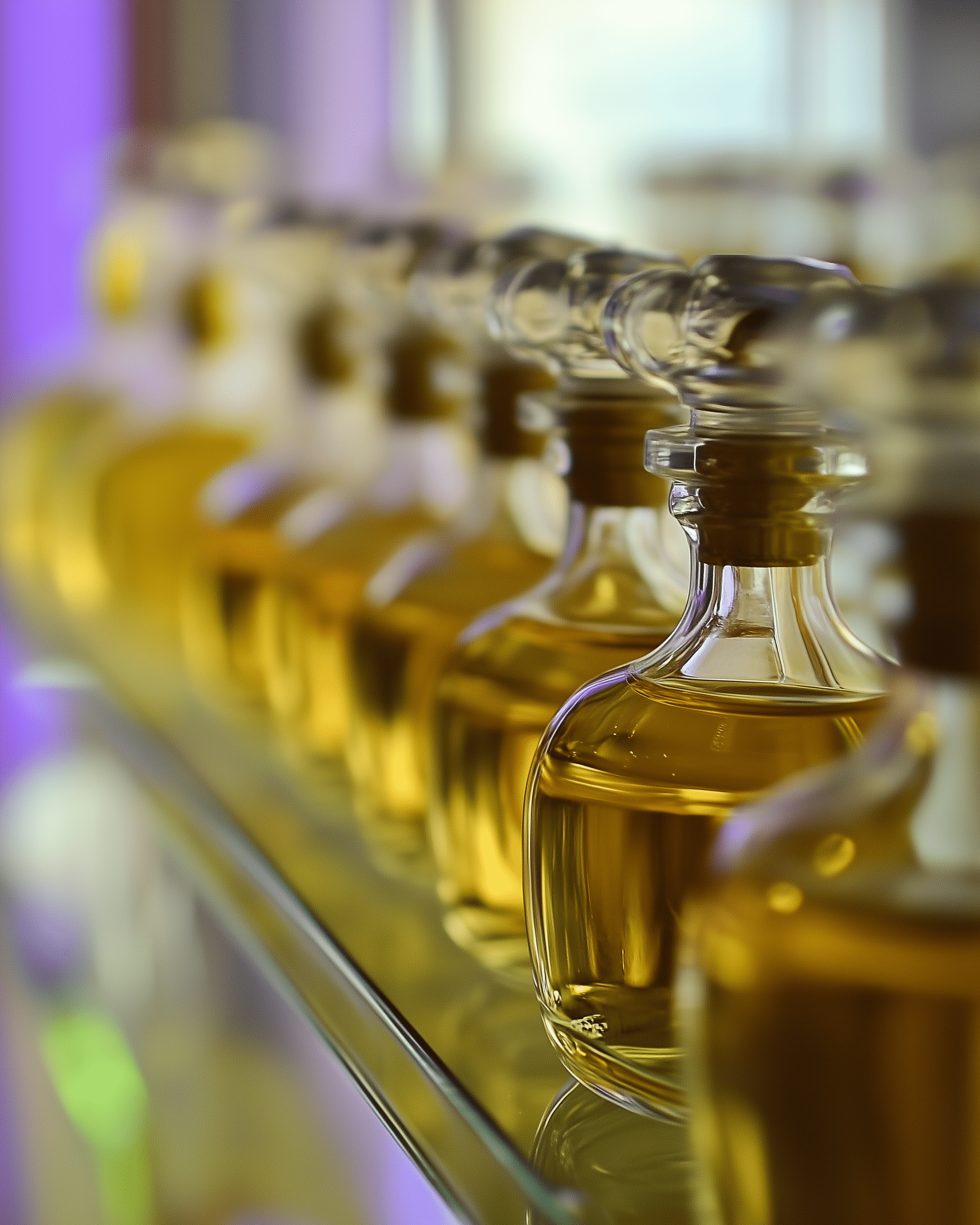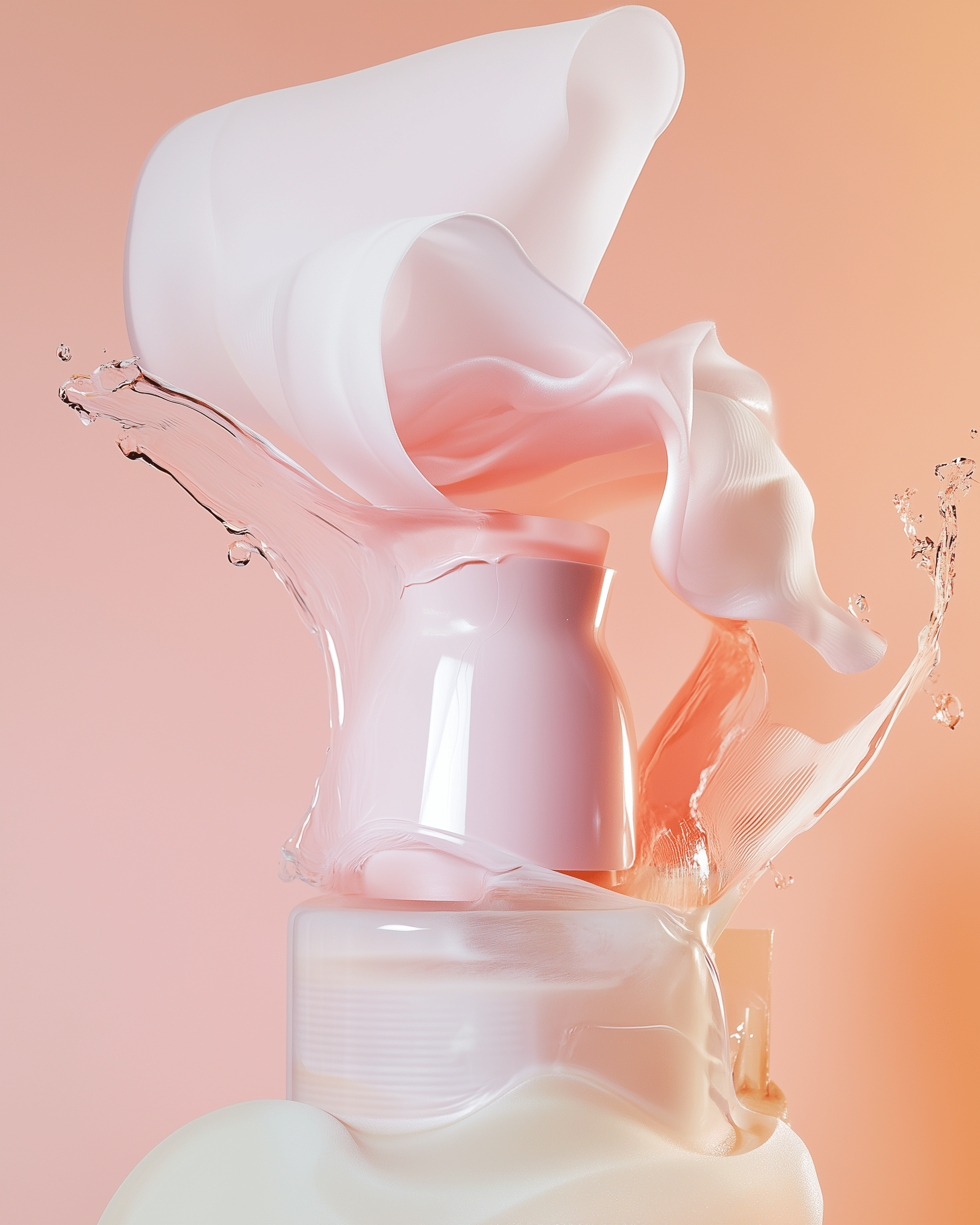
Difference between Eau de Toilette and Eau de Parfum
"A fragrance is an invisible, unforgettable fashion. It signals your arrival and lingers after your departure."
Perfume is more than just a fragrance—it’s an expression of personality, mood, and style. Choosing the right concentration can make all the difference in how a scent unfolds throughout the day. While Eau de Parfum and Eau de Toilette are among the most popular perfume types, understanding their differences is key to selecting the perfect fragrance for any occasion. In this article, we’ll break down their unique characteristics, historical significance, and practical applications to help you make an informed decision.
THE DIFFERENT PERFUME TYPES AND THEIR CONCENTRATION
Fragrances are classified based on their concentration of essential oils, which determines their intensity and longevity. The higher the perfume oil content, the longer and stronger the scent will last as long as it is applied correctly.
· Extrait de Parfum (Perfume Extract): The most concentrated form, containing over 20% fragrance oils. It offers deep, lasting scents with a rich composition. L'Art Vévien uses this concentration to enrich its overall experience.
· Eau de Parfum (EdP): Typically contains 10-15% perfume oils, making it intense and long-lasting, often lingering for up to eight hours.
· Eau de Toilette (EdT): With 5-10% fragrance concentration, it is lighter and fresher, lasting around three hours.
· Eau de Cologne (EdC): A refreshing, citrus-based fragrance with only 3-5% fragrance oils, designed for short-lived freshness.
The difference between Eau de Toilette and Eau de Parfum lies primarily in their concentration. Eau de Parfum is richer and lasts longer, while Eau de Toilette offers a more delicate, fleeting scent that can be reapplied throughout the day. Higher concentration perfumes are often more typically found in niche fragrance houses.
HISTORICAL DEVELOPMENT AND SIGNIFICANCE
Perfume classifications evolved over time, shaped by historical trends and market demand. The term “Eau de Parfum” became widely recognized in 1979 due to changes in French luxury taxes. Until then, strong fragrances were simply called “Parfum,” with highly concentrated formulas reserved for the elite. To avoid higher taxation, brands introduced new names, and thus, Eau de Parfum gained its own identity.
Eau de Toilette, on the other hand, has an even older history. The term originates from the French word toile, referring to scented water used in personal grooming in the 17th century. Initially, it was a practical hygiene product before evolving into a refined fragrance category.
Eau de Cologne dates back to the 18th century when Giovanni Maria Farina created the first citrus-based fragrance in Cologne, Germany. While it started as a luxurious product, its light and refreshing nature made it a staple for everyday use.
DIFFERENCE BETWEEN PERFUME AND AFTERSHAVE
A common misconception is confusing perfume with aftershave. While both are scented, their purposes differ significantly. Aftershave contains antiseptic properties designed to soothe the skin post-shave, with a much lower concentration of fragrance oils (typically 1-3%). Eau de Parfum and Eau de Toilette, on the other hand, are designed to provide lasting scents without direct skincare benefits.
Important note: Never apply Eau de Parfum, Eau de Toilette, or Eau de Cologne directly onto freshly shaved skin, as the high alcohol content can cause irritation. Instead, opt for an aftershave specifically formulated for skin care.
CONCLUSION
Understanding the difference between Eau de Toilette and Eau de Parfum helps you make an informed choice that suits your lifestyle. If you prefer a long-lasting, intense fragrance, go for Eau de Parfum. If you enjoy a light, refreshing scent, Eau de Toilette is the way to go. Whichever you choose, embracing the world of fragrances will allow you to express your style effortlessly in various occasions. Find out which fragrances suit which occasion here.
With the right perfume, every day becomes an opportunity to leave a lasting impression!



